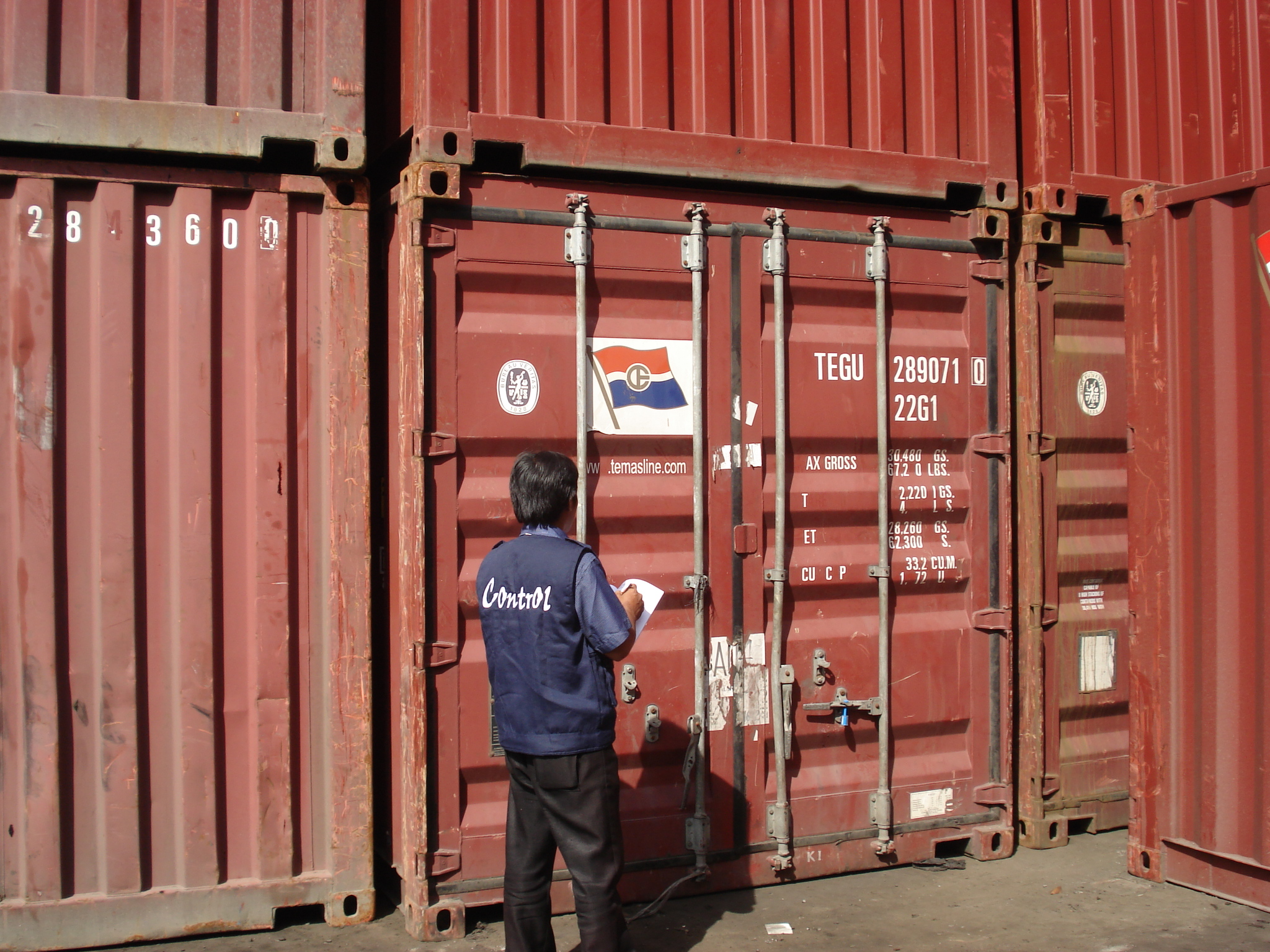Making A Gainful Career In Insurance

Mrs. Dorothy Onwuzuruoha is an Insurance expert, who was one of the speakers of the MMS Hall of Fame organised mentorship programme in Lagos, recently. She demystified Insurance as a grudge buy. Read on:
What Is Insurance?
Generally, life is full of risks, that’s what makes it so interesting and exciting. But some unexpected event can really set you back. This is why you need insurance.
In dealing with risks, Individuals Retain risk -Can’t do anything about it (airplane fall on house) Avoid risk -Don’t buy in flood area.
Insurance Definitions
PERIL – the immediate, specific cause of a loss.
Named Perils – such as fire, lightning. Burden of proof of loss is on insured. Must be able to prove loss occurred from a covered peril.
•All Risks- everything covered except what’s excluded. Burden of proof is on company. Must prove the loss was excluded or pay.
PROXIMATE CAUSE -a covered peril is the proximate cause (immediate, specific) of a loss if it initiates an unbroken chain of events leading to a covered loss. Without it no loss would have occurred.
DIRECT PHYSICAL LOSS (lightning strikes building)
INDIRECT/CONSEQUENTIAL LOSS (loss of use)
HAZARD -situation that introduces or increases chance of loss from a peril.
Physical Hazards (mfg. fireworks in garage, child care in home, unfenced pool)
Moral Hazards – dishonest acts of insured which increase chance of loss. Character, living habits, financial responsibility. (Fake claims to get money when out of a job).
Morale Hazards – attitudes of insureds’ that increase possibility of loss. (Fails to fix roof when needed: let insurer pay after storm).
Basic Insurance Principles
INDEMNITY – property insurance is a contract of indemnity – it returns insured to financial position prior to loss. No profit permitted. Life insurance is not indemnity: it pays total sum if loss (death) occurs.
LIABILITY – legal responsibility for a loss to someone else (3rd party).
INSURABLE INTEREST must exist in order to have a legally enforceable contract
Life Insurance -not required if insured purchases policy: if other party purchases, must have Insurable Interest at the time of purchase
Property/Casualty Insurance -all parties named must have Insurance Interest at time of loss. Each party with interest is covered only up to that amount.
How Does Insurance Work
Policy -A contract of insurance which promises to provide protection in the event of a covered loss.
When you buy an insurance policy, you´re buying protection. You´re protected against unexpected financial losses, whether you ever actually use the coverage or not.
Reinsurers
Form of insurance between insurers
Helps insurers expand their capacity
Takes some “help” off primary insurers
Primary – the first insurer who pays on a loss
Excess – the second company that pays on a loss after insurance limits of first company are used up.
Law of Large Numbers
The larger the number of separate-but-similar risks in a group, the more predictable future losses become
Insurance companies must predict losses on a group basis in order to arrive at fair premiums for individuals within groups.
What Is Life Insurance Policy?
A life insurance policy is a contract with an insurance company.
In exchange for premium payments, the insurance company provides a lump-sum payment, known as a death benefit, to named beneficiaries upon the insured’s death.
Typically, life insurance is chosen based on the needs and goals of the owner. Term life insurance generally provides protection for a set period of time, while permanent insurance, such as whole and universal life, provides lifetime coverage. It’s important to note that death benefits from all types of life insurance are generally income.
What Does Insurance Do?
It indemnifies or makes a person/company insured whole after a loss
It does not put the insured in a BETTER position than they were before the loss! (That’s called fraud)
WHAT IS RISK?
Risk is an uncertainty regarding (financial) outcome (loss)
Four Ways To Manage Risk
1. Avoidance -remove all possibility of loss -NOT realistic!
Examples: To avoid automobile accidents, don’t drive
To avoid professional liability losses, don’t provide professional services
2. Accepting some or all of the consequences of the risk
This involves accepting the losses that occur through:
Full self-insurance
High deductible/retention programs
Risk Retention Groups
Captives
3. Reduction -minimize chance that a loss will occur.
Examples:
*Wearing a bike helmet
*Ensuring equipment is in good working order
*Having appropriate equipment on hand
4.Transfer the Risk to Others
Example:
Buy an insurance policy with minimal or no deductibles, so you have a known cost of risk – premium only.
Two Ways Insurance Companies Manage Risk
-Spread Risk
Geographical -Difference . Areas
Financial -Different and ranges
-Reduce Risk
Underwriting Guidelines Discounts e. g. FEA Discounts-(Alarms, non smoker, defensive driving
Why Choose A career In Insurance
Insurance touches on almost every facet of life and business, and without it many of the everyday elements of -including transport, home ownership, travel and sporting events -simply wouldn’t be able to take place.
Those who work in insurance know it’s an incredibly diverse and rewarding career choice, with huge scope for personal satisfaction, network building, professional development and financial reward.
And yet despite all this, comparatively few people actively seek out a career in insurance. Why?
Perhaps because, to most people, it’s something that we have to pay for without ever really seeing its value.
An authentic record has it that insurance companies have recorded a total premium of N350 billion in its business activities in 2015, against N294 billion it recorded in 2014. This represents 19% increase from last year’s figure.
Key Benefits of a Career In Insurance
Make A difference
While you’re more likely to read about the bad news stories of people losing their properties through not being properly insured after a natural disaster, the fact of the matter is that insurance is a great force of good in the community.
More than 90% of claims are accepted and paid out by insurance companies in Nigeria
While insurance is a grudge purchase for many people, when it comes to claims time having the right insurance in place can save livelihoods, protect businesses from closure, rebuild infrastructure, and keep the economy strong.
Being part of a process that changes lives can be incredibly rewarding.
Travel
Travel is part and parcel of many insurance professionals’ duties -and that travel can come in a variety of forms.
You might be required to do site inspections with clients to get to really understand the risks they face; you might be seconded to other divisions inter-state or overseas; conventions and business expos could take you all over the country.
Growing Professionally.
As well as the variety of roles available in insurance (link), it’s a constantly changing and evolving sector that offers engaged professionals the opportunity to professionally develop throughout their careers.
On-going education and training ensures individuals can keep up with the latest developments and trends affecting the sector and their businesses, while the Nigerian Insurers Association mentoring program allows new entrants to the career to access some of the industry’s most experienced and well-regarded leaders.
That’s another great thing about the insurance industry -you’re never far away from being able to access its leadership figures and key decision-makers. This is in stark contrast to other sectors of the financial services industry, which are much more layered and can leave new entrants feeling distant from the established chain of command.
Earn Good Money
We all know that money doesn’t buy you happiness, and a good wage doesn’t necessarily equate to job satisfaction. But if you’re doing something you love and the financial rewards are there, that doesn’t hurt at all.
This is very much the case in insurance. Insurance offers excellent remuneration as well as fast career progress to capable graduates. With ample opportunities to develop and diversify your skills-set throughout your career, insurance can be a very generous benefactor to those who apply themselves to their roles and commit to the career long term.
Build A Community
Insurance professionals work hard, but also know how to have a good time and one thing you will hear consistently from those who work in insurance is how much they appreciate the opportunity to come together and network with the broader insurance community.
Both NIA and College of Insurance And Financial Management are major players in the insurance community, providing on-going social and educational opportunities for our young professionals. From day one of your insurance career, NIA and the Institute provide opportunities for insurance professionals to establish industry-wide connections that will last throughout your entire career.
Realities that make Working In Insurance Industry Lively & enthusiastic
Whether you’re ready for a career change or looking to move up in your career, don’t overlook the many perks of working in the insurance industry. In addition to an influx of job opportunities over the next decade, insurance industry professionals enjoy a number of benefits that are hard to find in other career paths.
Job Stability and Opportunities
Whether you enter the field as an insurance agent, sales manager, marketing assistant, or underwriter, you can look forward to a variety of job opportunities and career stability in the field. The awareness amongst the baby boomer population is daily increasing employment of agents to serve in this area.
Flexible Work Arrangements
If you work as an insurance sales agent or provide support to a sales team, you may have the option to work remotely. Some employers now offer work from home days or give employees the option of working from anywhere they choose as long as they meet their objectives.
You may be required to attend meetings at the office on occasion or participate in company-wide events but outside of that, you can look forward to flexible work and scheduling options without the cubicle.
Self-Employment Opportunities
If you have an entrepreneurial spirit and thrive on business-building activities, you may be able to enjoy a successful career as an independent insurance agent.
Working for yourself also means you will work on your own schedule and can develop your own system for attracting and developing leads. It’s not for everyone but if you want to break free of traditional employment, working in the insurance industry offers this option.







